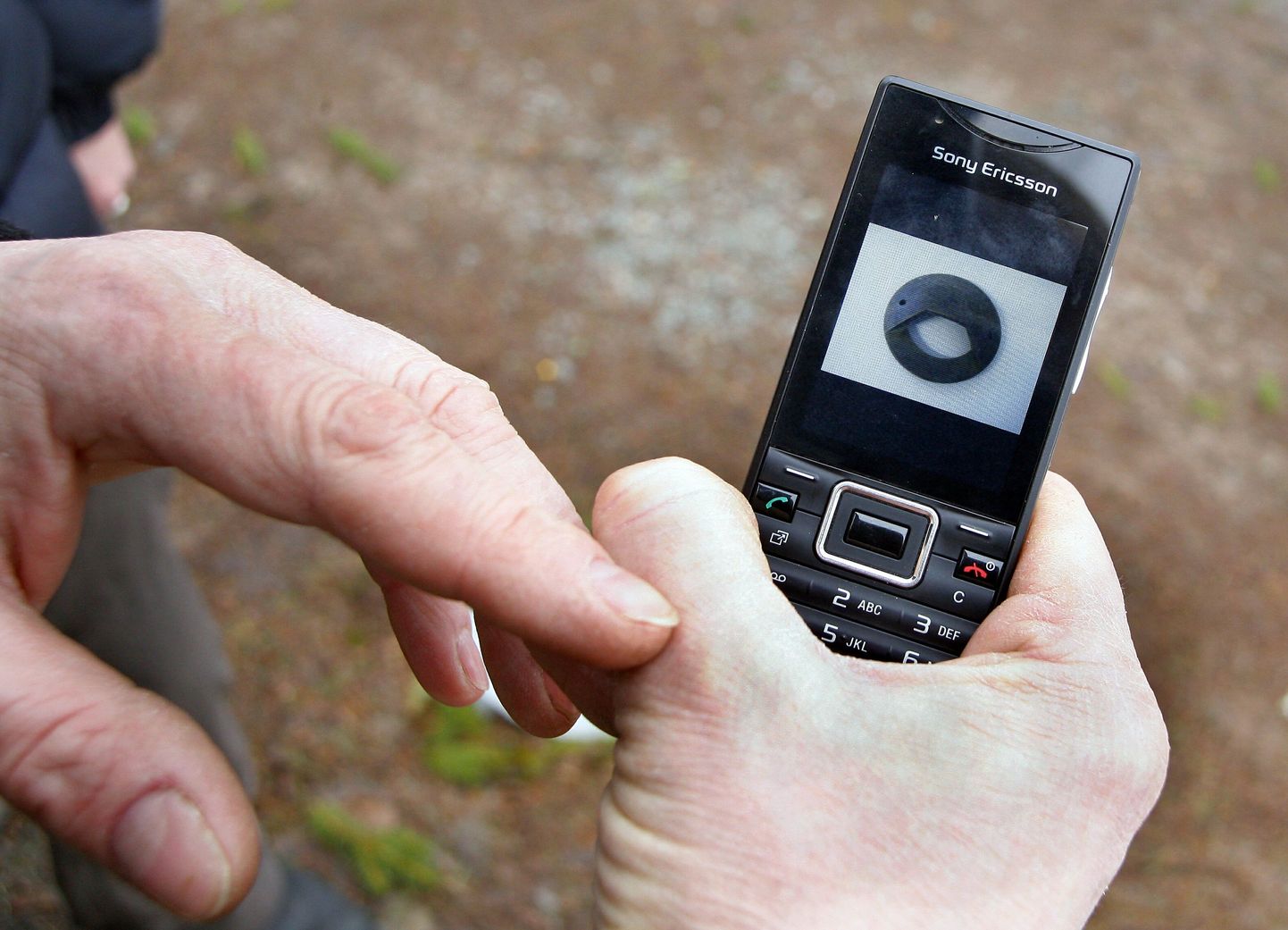
Despite technical capability available, police will not be looking for stolen telephones by mobile positioning, considering it ineffective.

Despite technical capability available, police will not be looking for stolen telephones by mobile positioning, considering it ineffective.
As revealed by TV3 evening news, yesterday, North Prefecture declined a citizen’s plea to help find stolen mobile phone by positioning. According to TV3, the victim was told positioning constituted covert investigation infringing human rights, only to be utilised after all other options have failed.
However, Priit Pärkna, criminal bureau head of Northern Prefecture, told Postimees that the main argument against mobile positioning is its inaccuracy. «Determining the location of a mobile phone shows its approximate whereabouts, not the person who stole it,» explained Mr Pärkna.
By positioning, a mobile phone may be detected to be in Viru Centre, harbour or some city block, for instance. From there, police would have to take over. «Should the location be an area with huge apartment blocks, however, there is not much we could do – the telephone could be in dozens of different houses or places.»
Searching for the device that way would be, considering the means available, overly time and resource-consuming for the police. Therefore, law enforcement uses the method, as an additional means, to solve other kinds of crime or when searching for people who are lost. What is more: in criminal proceedings, police treats positioning as covert investigation and secures court permission for every such enquiry.
Victims and Data Protection Inspectorate beg to differ.
Stiina Liivrand, the DPI PR-advisor, says enquiries about stolen phones do not contradict personal data protection, as the device sought is in the possession of an unknown person.
Ms Liivrand added that it is the very owner of the phone giving the police permission to position his/her phone. According to the inspectorate, the law itself has also been amended at the beginning of this year, positioning no longer requiring coordination by court as covert investigation.
EMT PR-manager Kaja Sepp said police identifies locations of telephones by unique serial number i.e. IMEI-code, forwarded by the device to mobile networks. This being the only way to find a telephone with SIM-card removed. Such data enquiries can only be made by police.
«Preciseness of positioning depends on where the telephone is at. In cities, with greater density of base stations, it shows very precisely. Less so in the countryside,» said Ms Sepp. According to her, preciseness of positioning comes between a dozen to 500 metres.